Dictionary of Space Concepts
The Dictionary of Space Concepts (DSC) provides not only the basis for the advanced English language classes of the Multilingualism Programme; it also serves as larger online support platform for all UNIVERSEH students, with the aim of training specific space terminologies across various fields connected to the space sector. The DSC combines core space concepts and with helpful illustrations, all in an open-project format, which is freely available to everyone inside and outside UNIVERSEH. We welcome your contributions, comments, and expertise!
Do you want to take part of developing the Dictionary of Space Concepts? Enrol in the Collaborative Dictionary of Space Concepts.
Special | A | B | C | D | E | F | G | H | I | J | K | L | M | N | O | P | Q | R | S | T | U | V | W | X | Y | Z | ALL
V |
|---|
Volcano | ||
|---|---|---|
Image: Source: https://www.dw.com/en/volcanic-eruptions-can-cool-the-planet/a-40727123 Short Definition: A volcano is a hill or mountain with a hole where lava, rocks, or gas may be seen erupting from a planet or moon's interior. Detailed Definition: A crack in the earth's crust through which substances such as lava, steam, ashes, etc. are released continually or sporadically. Volcanoes are known to exist on the planets Mercury, Venus, Earth, the Moon, Mars, and the moon Io of Jupiter. Only two of these bodies currently have active volcanoes: Earth and Io. However, Venus or Europa, the moon of Jupiter, may have volcanoes erupting. Etymology: Volcano comes from the Latin Vulcanus, which is the name of the fire god. Sample Sentence(s): The volcano's lava was pouring down the mountainside. On the seabed of Jupiter's moon Europa, there has been volcanic activity. Translations of Terms/Concepts into Partner Languages French: volcan German: Vulkan Polish: wulkan Swedish: vulkan Links to Videos/Articles: https://earthobservatory.nasa.gov/topic/volcanoes https://chandra.harvard.edu/press/10_releases/press_081810.html | ||
UNIVERSEH is an alliance of:
All rights reserved. Funded by the European Union. Views and opinions expressed are however those of the author(s) only and do not necessarily reflect those of the European Union or the European Education and Culture Executive Agency (EACEA). Neither the European Union nor the granting authority can be held responsible for them.









